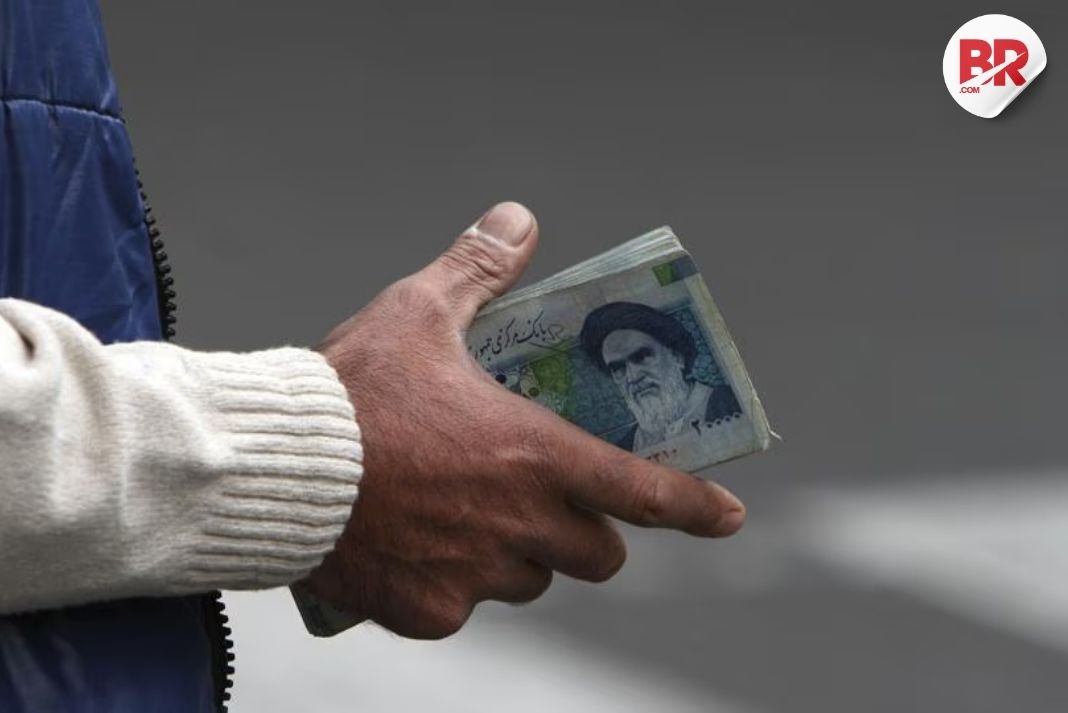
Adani Airport Holdings has cut ties with Turkish ground handling company Celebi at two major airports — Mumbai’s Chhatrapati Shivaji Maharaj International Airport (CSMIA) and Ahmedabad’s Sardar Vallabhbhai Patel International Airport (SVPIA).
This move follows the Indian government’s decision to revoke Celebi’s security clearance amid national security concerns.

Why Did Adani Airport Drop Celebi?
The Bureau of Civil Aviation Security pulled Celebi’s security clearance on May 15. The official reason? National security. The backdrop is a sharp rise in tensions between India and Pakistan, especially after the Pahalgam terror attack and India’s strong response with ‘Operation Sindoor’. Turkey, seen supporting Pakistan in this conflict, is now under the scanner, and Celebi’s links raised eyebrows.
Following the Government of India’s decision to revoke Celebi’s security clearance, we have terminated the ground handling concession agreements with Celebi at Mumbai’s Chhatrapati Shivaji Maharaj International Airport (CSMIA) and Ahmedabad’s Sardar Vallabhbhai Patel… pic.twitter.com/sGk9WYpqiR
— ANI (@ANI) May 15, 2025
Adani Airport wasted no time and asked Celebi to hand over all ground handling services immediately. Celebi runs services at nine Indian airports, including Delhi, Bangalore, and Goa, but with this decision, Mumbai and Ahmedabad are the first to see a break. Delhi’s airport authority, DIAL, also ended its partnership with Celebi for the same reasons.
Celebi’s Side of the Story
Celebi fired back, denying any political ties. They said they are not a Turkish state company but are owned by global investors from Canada, the US, the UK, Singapore, the UAE, and Europe. They also stressed their global governance standards and claimed neutrality.
That’s all well and good, but in geopolitics, perception often rules over facts. When your home country supports a rival nation in a conflict, suspicion follows, even if your business is international.
Also Read Turkey Travel Plea Backfires: Why Indians Are Furious—and Not Forgiving
Bye to DragonPass Too
Adani also ended its partnership with China’s DragonPass, a lounge and travel services provider, just days after announcing a collaboration. No official reason was given, but it fits the pattern. India is clearly wary of companies linked to China and Pakistan when it comes to sensitive areas like airports.
Bigger Picture: India’s Growing Security Focus
This double termination shows India’s zero tolerance for perceived risks in its critical infrastructure. Airports are sensitive places — security breaches can have serious consequences. By tightening control and preferring trusted or local partners, India is sending a message: security comes first, even if it means breaking long-term business deals.
For travelers, this could mean more Indian or trusted partners running airport services. For the companies involved, it’s a reminder that geopolitical factors can abruptly change business landscapes. And for the rest of us, it’s a mix of relief and eyebrow-raising — relief that India is guarding its security and eyebrow-raising at how international business and politics keep mixing in unexpected ways.
Also Read From Kashmir to Metro Rails: Why India Is Quietly Rethinking Its Turkey Ties












